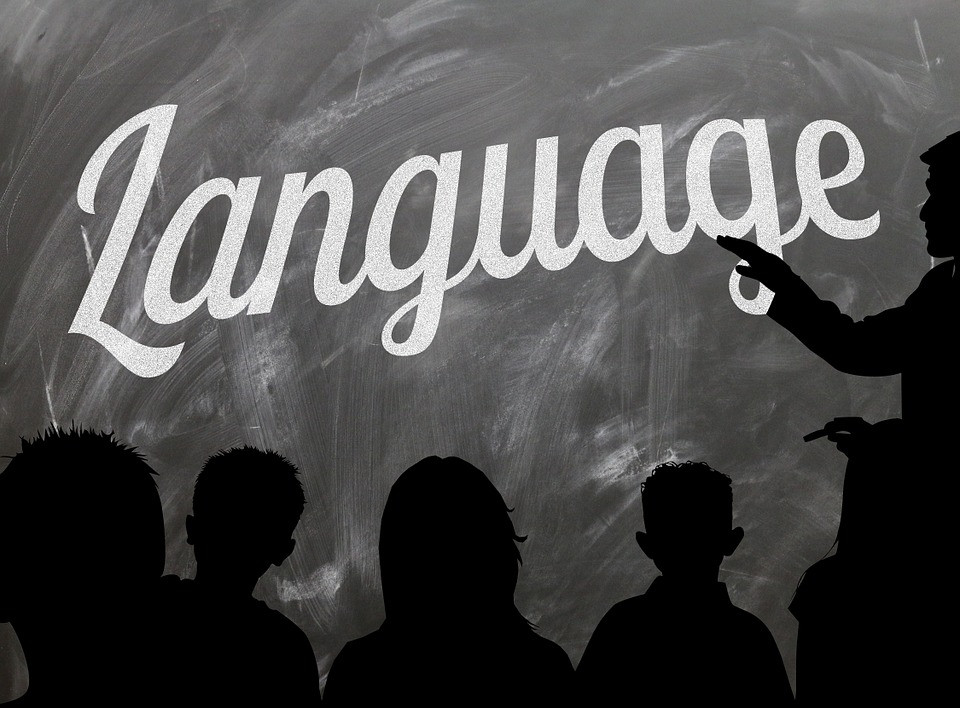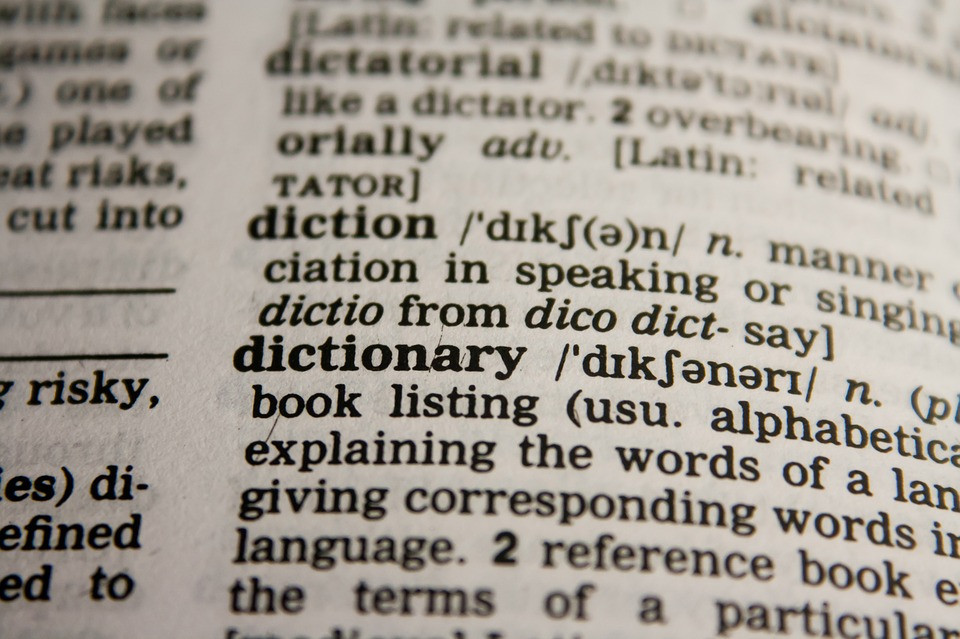How much vocabulary is enough when learning a foreign language? This is a common question people ask when they’re learning a new language.
Maybe you want to learn a new language and don’t know which one to choose? You can investigate which foreign languages are in demand in your industry, and this can give you a great advantage over your competition.
Learning vocabulary is interesting, but learning thousands of words sitting in a classroom will never help you to speak fluently. This can only happen if you start using those words in your daily life.
If you’re looking for a job in Europe as a foreigner, for example, let’s say you're from Barcelona and want to do your internship in London.
How good is your English? Can you hold a conversation comfortably?
People think that learning a language begins with learning complex grammar, but this isn’t the case. Vocabulary provides a base to help you to understand the language. The stronger your grasp of vocab, the easier you will be able to communicate with others.

Be aware of the basic language skills
In order to master basic language skills, first you must focus on common words that help you build a foundation. This will help you express your thoughts and feelings to your colleagues and friends.
To gain native-like command of a language, you need to understand the words, which will help you get the vocabulary, which, in turn, can help you to express further. Once you grasp the vocabulary, you can gradually pick up the grammar part.
So how much vocabulary is necessary?
When you have investigated which foreign language is in demand and spent time building your foundation skills, you can focus on fluency. The more you learn, the better!
How much you need to learn depends on your environment – friends, colleagues, whether your job requires fluency in a foreign language.
Learning 50 words a day is impressive - memorising each word will probably take you about 10 seconds. However, remember that in order to actually remember the vocabulary long-term, you need to practice it. So, if you spend just 1 hour a day working on expanding your vocabulary, you can pick up a lot of new words and be confident in conversation with native speakers!
Knowledge of vocabulary: words, meaning, pronunciation & speech
Learning vocabulary means increasing your knowledge and understanding of a word and its uses. But what does this “knowledge” or “understanding” mean?
-
Spelling
-
Pronunciation
-
Speech.
It is important to be aware of the multiple meanings of the same word and understand the connotations and expressions that are associated with the particular word.
Let'suse the word "leaves" as an example.
- "The dog does not like it when the owner leaves."
- "The dog loves running through the leaves."
This word has the same spelling and pronunciation but the two words have totally different meanings. Knowing subtle differences like that only comes with practice and constant exposure to the language in all forms!
Start with the General Vocabulary
So, answering the question of how many words one needs to learn to understand the vocabulary is really difficult, as knowing a few words does not mean that one can speak fluently.
There is a huge difference between speaking fluently and communicating. For example, if you are wondering how to learn French on your ownand speak French, you need to learn the basic, foundation words first, such as “have”, “get”, and “do”.
So, knowing these foundation words definitely helps you to communicate more easily. For example, in English “nap” means “sleep”, but it will be easier for beginners to learn “sleep” first, and slowly make their way to synonyms as they improve.

Every dictionary is different
If you look in the Oxford Dictionary, the vast number of words that we can use is scary. There are more than 171,476 entries!
Now, if we take a look at the Chinese vocabulary, they have 370, 000 words in their dictionary. The Dutch language comes up with 430,000 words, and so on. Each language has its own set of words.
Along with these, there are a lot of synonyms, antonyms and a lot more. Now, if you are learning Japanese, each word is long and writing it is really complex. In that case, you can digest a maximum of 10 words a day. In a similar way, if you are learning English, you can easily cope with 50 words a day.
Conclusion
Remember that words are the building blocks. In a previous article, I explained more about this. Words are the most important part of the vocabulary that will help you express your thoughts. Learning “dry verbs” and grammar will never help you, unless you know the words and its meaning.
As per studies, 1.75% of vocabulary will help you to understand 95% of the language. As Dr. Seuss said, one can write a book using only 50 words. But if you ask me, an adult uses around 20000 words a day.
Follow Pareto’s Law to learn the language you want to become fluent in. Remember the famous “80-20 rule”: work on the 20% of things that bring 80% of the results.
Concentrate on grabbing efficiency with minimal work. Try to focus on putting in 7% effort regularly to get 95% proficiency.
So, my dear readers, target proficiency in at least 300 words in a month so that you can start communicating well, and the rest will happen automatically. Before you know it, you will be able to demonstrate how much vocabulary is enough when learning a foreign language!











Piotr Kiedrzyński1y ago
One important thing about expanding your vocabulary is that at a certain point (when your vocabulary reaches ~6000 words) you have to avoid learning words through translation method and learn via monolingual dictionaries. It helps!
One important thing about expanding your vocabulary is that at a certain point (when your vocabulary reaches ~6000 words) you have to avoid learning words through translation method and learn via monolingual dictionaries. It helps!